Peer Review Policy
Scientific Notes of the Institute of Journalism practices a blind review policy. All the papers are reviewed by the independent experts, appointed by the Editorial Board from a number of the wellknown experts in the relevant scientific field. The final decision to publish or to decline the paper is made by the Editor-in-Chief, who is guided in his actions by the conclusions of the experts. When submitting the article, the author can request to exclude two scientists or two institutes from the list of possible experts.
Peer review procedure may take up to 10 weeks, depending on the workload of experts and on the complexity of the subject. The Editorial Board informs the author of the reviewers’ comments and of the decision to accept or to decline the paper.
If the decision is positive, the author makes the appropriate corrections and sends to the editorial board the final version of the paper. This amended version is signed by the author and by the experts to print, and no further changes are allowed. While approving the content of the issue, the Editorial Board takes into account the date of receipt of the final version of the paper.
Researchers, who want to take part in the peer review procedure of the Journal, should have a degree in the relevant scientific fields, the appropriate experience and high reputation in the academic world. Please send your resume to the Editorial Board at publishing.group.ij@gmail.com.
We expect potential reviewers to adhere to the principles of publishing ethics, understanding conflicts of interest, confidentiality, and timeliness.
Publication ethics
We encourage each reviewer to familiarize themselves with the Ethical Guidelines for Reviewers, approved by the Committee on Publication Ethics (COPE).
Conflict of interest
If the reviewer cannot be objective in evaluating the manuscript due to personal, financial, professional, political, or religious issues concerning the author, he must refuse to review.
Confidentiality
A Reviewer that consented to a blind review of the material is not entitled to transfer this right to a third party. If he cannot review for some reason, he must refuse to review and notify the editor.
The reviewer may receive advice from third parties, but he must notify the editor.
Manuscripts should not be shared or discussed with anyone outside the peer review process.
It is forbidden for reviewers to contact the authors directly; the editor can only do this.
Timeliness
If the reviewer cannot complete the review on time, he must notify the editor within the allotted time.
The reviewer must agree to the review only if he can submit a review within an agreed period.
If the reviewer cannot complete the review for some reason, it will be ethical to suggest an alternative reviewer to the editor.
